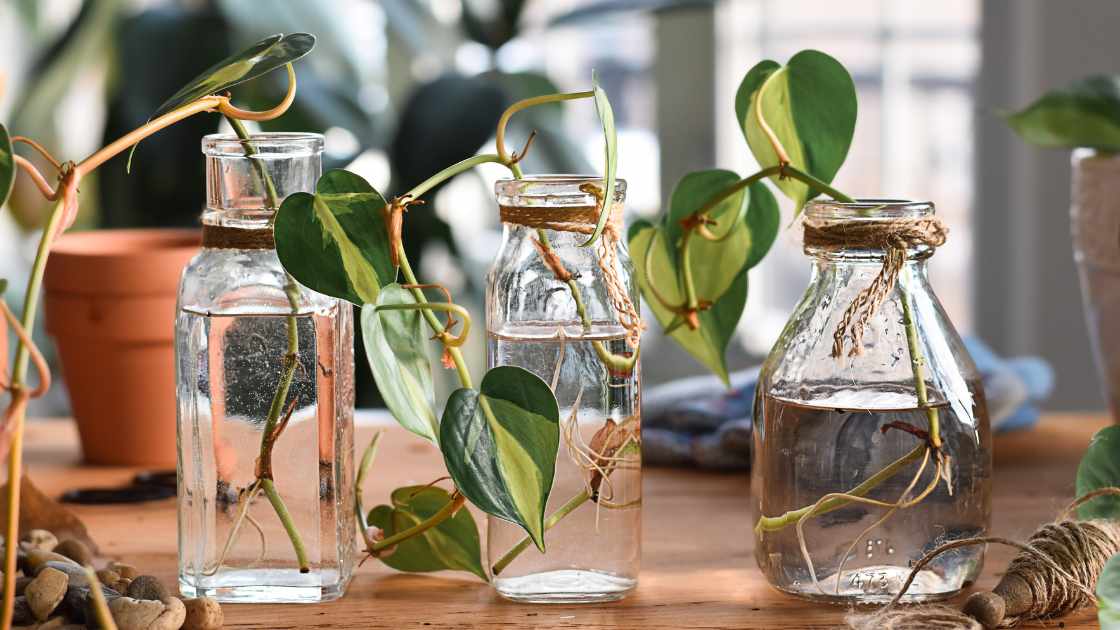Organic cotton farming stands as a beacon of sustainability and environmental responsibility in the textile industry. With a commitment to avoiding synthetic pesticides and chemical fertilizers, organic cotton farmers employ a range of innovative and eco-friendly pest control methods to protect their crops while preserving the health of the environment and surrounding ecosystems. Let’s explore how farmers harness the power of nature to manage pests in organic cotton cultivation.
Nurturing Nature: Pest Control Methods in Organic Cotton Farming
Integrated Pest Management (IPM)
Integrated Pest Management (IPM) serves as the cornerstone of pest control in organic cotton farming. This holistic approach emphasizes prevention, monitoring, and the use of multiple pest control strategies to minimize crop damage while reducing reliance on chemical interventions. Key components of IPM include:
Crop Rotation
Farmers rotate crops in their fields to disrupt pest life cycles and prevent the buildup of specific pests in the soil. Rotating cotton with other crops such as legumes, grains, or cover crops helps break the pest cycle and maintain soil health.
Beneficial Insects
Encouraging populations of beneficial insects that prey on pests is a natural and effective method of pest control. Farmers introduce or conserve insect predators such as ladybugs, lacewings, and parasitic wasps to help keep pest populations in check.
Trap Crops
Planting trap crops alongside cotton can lure pests away from the main crop, serving as sacrificial plants that attract and trap pests, preventing them from infesting the cotton plants.
Natural Predators
Attracting and supporting natural predators of cotton pests, such as birds, bats, and spiders, helps maintain a balanced ecosystem and reduces the need for chemical interventions.
Cultural Practices
In addition to IPM strategies, organic cotton farmers implement various cultural practices to promote plant health and resilience against pests:
Soil Health Management
Healthy soil is the foundation of organic farming. Farmers focus on building soil fertility and structure through practices such as composting, cover cropping, and minimal tillage, creating a thriving ecosystem that supports robust plant growth and natural pest resistance.
Plant Diversity
Diverse plantings within and around cotton fields provide habitat and food sources for beneficial insects, birds, and other natural predators, fostering biodiversity and enhancing pest control efforts.
Organic Pesticides and Biopesticides
While synthetic pesticides are prohibited in organic farming, certified organic farmers have access to a limited range of approved organic pesticides and biopesticides derived from natural sources such as plant extracts, microbial agents, and minerals. These products are used sparingly and as a last resort when other pest control methods prove insufficient.
Vigilance and Monitoring
Regular monitoring of cotton fields allows farmers to detect pest infestations early and take timely action to mitigate damage. By closely observing plant health, pest populations, and environmental conditions, farmers can make informed decisions about the most appropriate pest control strategies to employ.
Final Thought
Organic cotton farming embodies a harmonious relationship between agriculture and nature, where sustainability and environmental stewardship take precedence. Through the application of integrated pest management, cultural practices, and organic pest control methods, farmers cultivate healthy cotton crops while minimizing harm to the environment and promoting biodiversity. By nurturing the soil, supporting beneficial insects, and practicing vigilance, organic cotton farmers demonstrate that effective pest control can be achieved in harmony with nature.
FAQs
Do organic cotton farmers use any pesticides to control pests?
While synthetic pesticides are prohibited in organic farming, certified organic farmers may use approved organic pesticides and biopesticides derived from natural sources. These products are used sparingly and as a last resort when other pest control methods prove insufficient.
How do organic cotton farmers manage pest infestations without synthetic pesticides?
Organic cotton farmers employ a variety of strategies, including integrated pest management (IPM), cultural practices such as crop rotation and soil health management, and the promotion of natural predators and beneficial insects to control pest populations and minimize crop damage.
Are organic cotton crops more susceptible to pest damage compared to conventional cotton crops?
Organic cotton crops may be more susceptible to pest damage initially as synthetic pesticides are not used. However, by implementing holistic pest control methods and fostering healthy ecosystems, organic cotton farmers can build resilience against pests and maintain sustainable crop yields over time.




